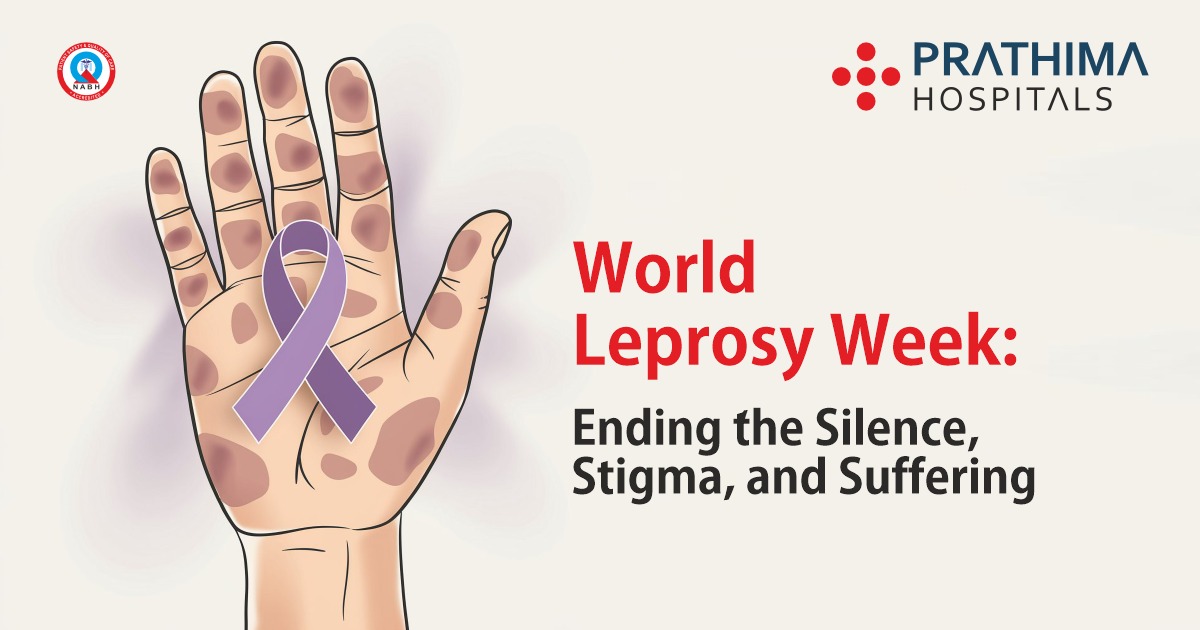How to Check your Kidneys Health? Check What is NEPHROTIC SYNDROME

Q) What is Nephrotic syndrome?
A) Nephrotic syndrome comprises a group of symptoms which include
- Too much protein in your urine (proteinuria)
- Low levels of protein in your blood (hypoalbuminia)
- High levels of fat and cholesterol in your blood
- Swelling in your legs, feet, ankles, or hands (edema)
Q) What is the presenting age and risk factors for Nephrotic syndrome?
A) It is slightly more common in men than in women.
In children, it happens most often between the ages of 2 and 12 years.
There are different variables that may expand your hazard.
•Have an illness that influences the kidneys, for example, Lupus, or diabetes
•Take certain meds like nonsteroidal calming drugs (NSAIDS) or anti-infection agents
•Have a contamination, for example, HIV, hepatitis B and C, or jungle fever
Q) what are the side effects of Nephroyic disorder?
A) Swelling in your legs, feet, lower legs, and now and then face and hands
- Weight gain
- Feeling exceptionally drained
- Frothy or bubbly pee
- Not feeling hungry
Q)what are the entanglements of Nephrotic disorder?
A) When you have nephrotic disorder, your kidneys may let a protein called egg whites escape through your kidneys’ channels into your pee. Egg whites enables your body to dispose of additional liquid. When you don’t have enough egg whites in your blood, liquid can develop in your body, causing swelling in your legs, feet and lower legs. Kidney Stones Treatment in Hyderabad.
Different entanglements that can be caused by nephrotic disorder include:
- Sickliness
- Coronary illness
- Hypertension
- Liquid development
- Intense kidney damage
- Kidney disappointment/ESRD
Q) What is the Treatment of Nephrotic disorder?
A) Depending on the sort of glomerular illness (Types of Nephrotic disorder) Immunosuppressive medications ought to be chosen Urologist in Hyderabad.
Prescriptions to control circulatory strain and cholesterol can help diminish your odds of having coronary illness.
Prescription to enable your body to dispose of additional water can help control your circulatory strain and can decrease swelling.
Drugs to avert blood clumps can help anticipate heart assault and stroke.
Changing your eating regimen may likewise enable you to deal with your indications. Picking fish or low-fat cuts of meat rather than higher fat choices can help monitor your cholesterol. Constraining how much salt (sodium) you take in can help counteract swelling and help keep your circulatory strain at a sound dimension.






Warning: Undefined variable $req in /home/u885608126/domains/prathimahospitals.com/public_html/wp-content/themes/prathimahospitals/functions.php on line 294
Warning: Undefined variable $commenter in /home/u885608126/domains/prathimahospitals.com/public_html/wp-content/themes/prathimahospitals/functions.php on line 295
Warning: Trying to access array offset on value of type null in /home/u885608126/domains/prathimahospitals.com/public_html/wp-content/themes/prathimahospitals/functions.php on line 295
Warning: Undefined variable $aria_req in /home/u885608126/domains/prathimahospitals.com/public_html/wp-content/themes/prathimahospitals/functions.php on line 295
Warning: Undefined variable $req in /home/u885608126/domains/prathimahospitals.com/public_html/wp-content/themes/prathimahospitals/functions.php on line 298
Warning: Undefined variable $commenter in /home/u885608126/domains/prathimahospitals.com/public_html/wp-content/themes/prathimahospitals/functions.php on line 299
Warning: Trying to access array offset on value of type null in /home/u885608126/domains/prathimahospitals.com/public_html/wp-content/themes/prathimahospitals/functions.php on line 299
Warning: Undefined variable $aria_req in /home/u885608126/domains/prathimahospitals.com/public_html/wp-content/themes/prathimahospitals/functions.php on line 300
Warning: Undefined variable $commenter in /home/u885608126/domains/prathimahospitals.com/public_html/wp-content/themes/prathimahospitals/functions.php on line 303
Warning: Trying to access array offset on value of type null in /home/u885608126/domains/prathimahospitals.com/public_html/wp-content/themes/prathimahospitals/functions.php on line 303